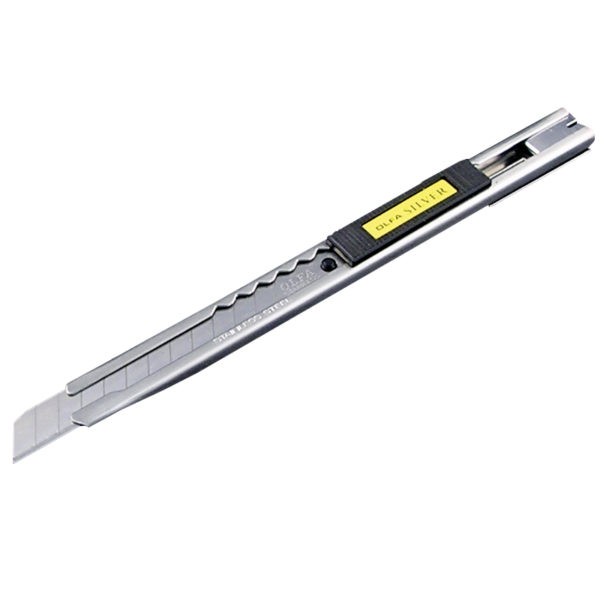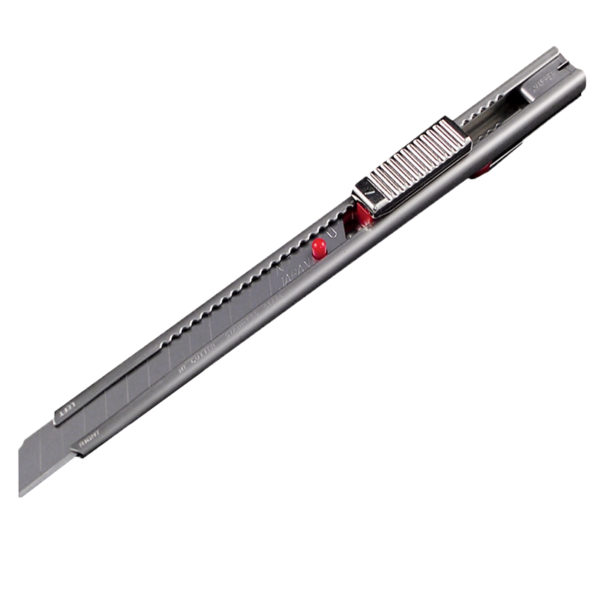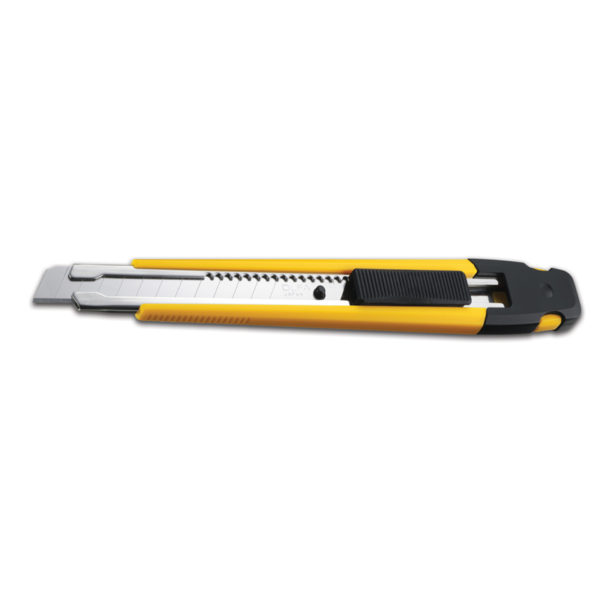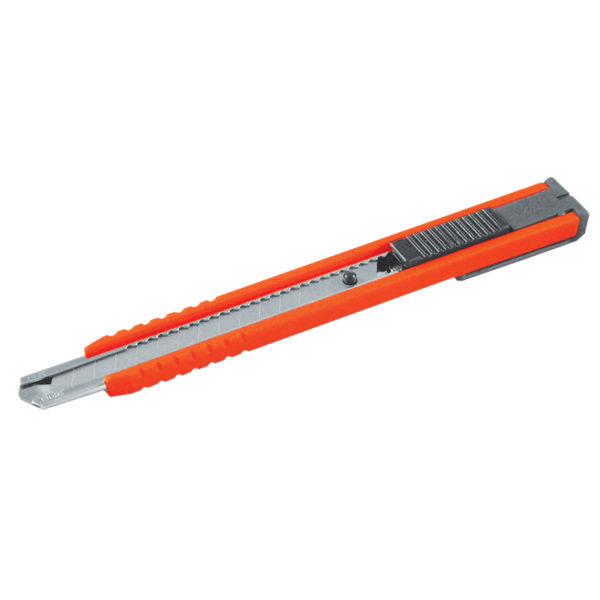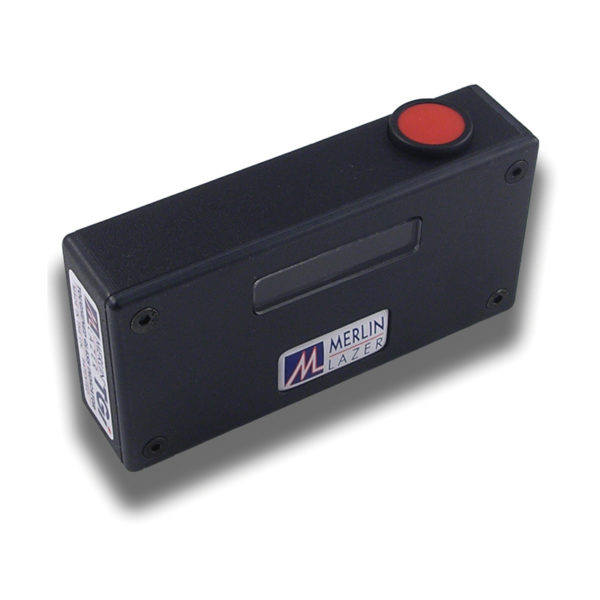- Question categories:
- Architectural
- Automotive
- Tint & PPF Tools
- PPF
- Vinyl

Can I Put Auto Film on Houses?
Answer 1: You can, but it will not provide you with very good results. Use flat glass film for best results. If you’re going to use auto film, stay away from film that has any kind of performance component. Stick with dyed film, since this has the lowest absorption. Answer 2: You should avoid this because your work will not be covered under any kind of warranty. This is because you are using the film for jobs that are not in line with its intended purpose. Ultimately, there is a high chance of the film heating up, popping the seal, or cracking the glass (or any combination of those three). And again, if this happens you will not be covered by a warranty. Answer 3: Thermal expansion can cause auto film to absorb too much heat when placed on residential windows, cracking the glass. This is because car windows are tempered and designed to withstand hot sun for hours. On the other hand, residential windows feature annealed glass that can crack or shatter when used with auto film. Answer 4: You can use auto film, but it will only last a few years. Architectural film is designed to last much longer. Answer 5: Whatever you do, do not use auto film on dual-pane glass. This will cause the window to shatter. Answer 6: Installing auto film on a house is often incredibly counter-productive. This is because the high absorption rate of auto film causes the house to heat up instead of rejecting the heat, defeating the entire purpose of window film. On the other hand, architectural film rejects heat, keeping houses cool. Answer 7: If you use film that is under 40 SEA, you should be good. HP 40 and HP 50 films are usually acceptable, since these auto films have solar absorption that is low enough not to cause any issues. It comes down to the temperature difference between the shaded and non-shaded areas. If the film expands or shrinks faster than the glass underneath, the glass can be placed under way too much pressure, causing it to break. Answer 8: Tempered glass can handle more absorption compared to double-pane or clear plate glass. If you are mostly dealing with tempered glass on a home, then you might be able to get away with auto film.
-
OLFA “SILVER 1” SS KNIFE (GT126)
Starting Price: $9.45 Add to cart -
NT PRO A1 “RED DOT” KNIFE – (GT027)
Starting Price: $9.45 Add to cart -
OLFA A1 KNIFE GT127
Starting Price: $7.35 Add to cart -
NT A250RP AUTO-LOCK KNIFE GT1018
Starting Price: $6.30 Add to cart -
UV SENTRY METER GT973
Starting Price: $229.00 Add to cart -
Toughened Glass Indicator (GT969)
Starting Price: $367.50 Add to cart


